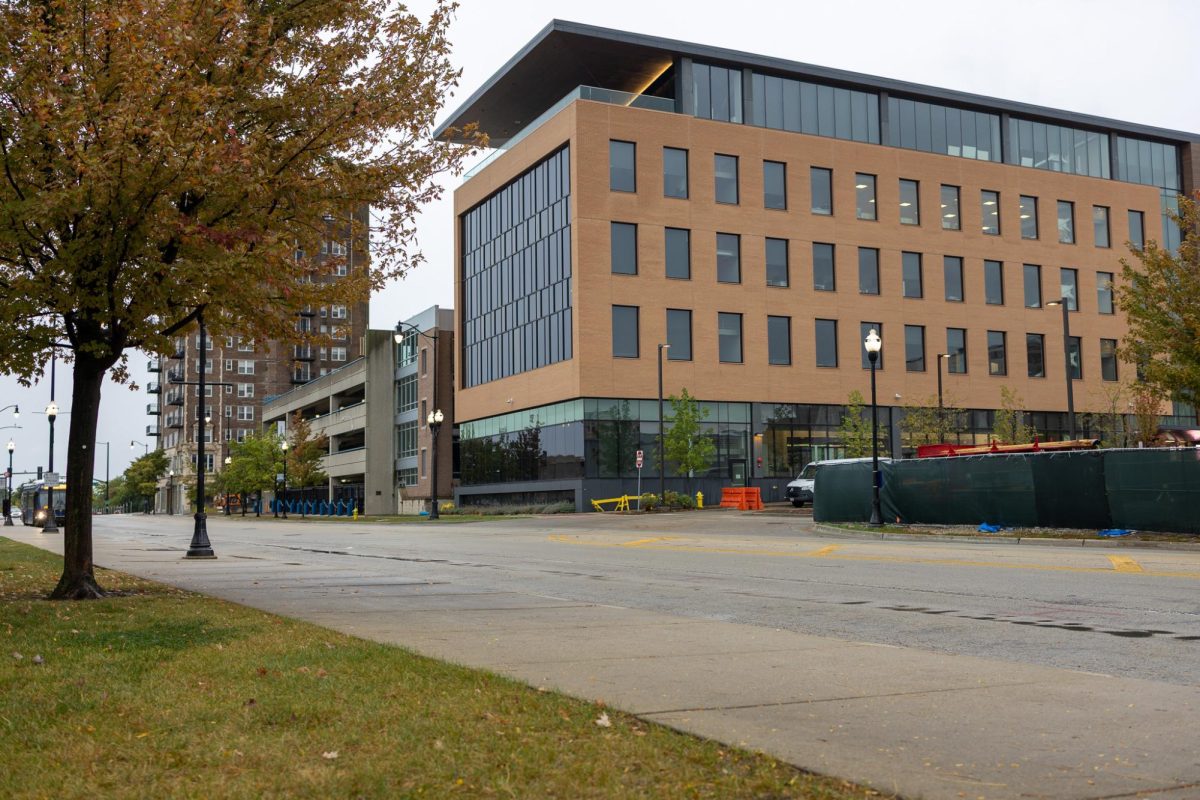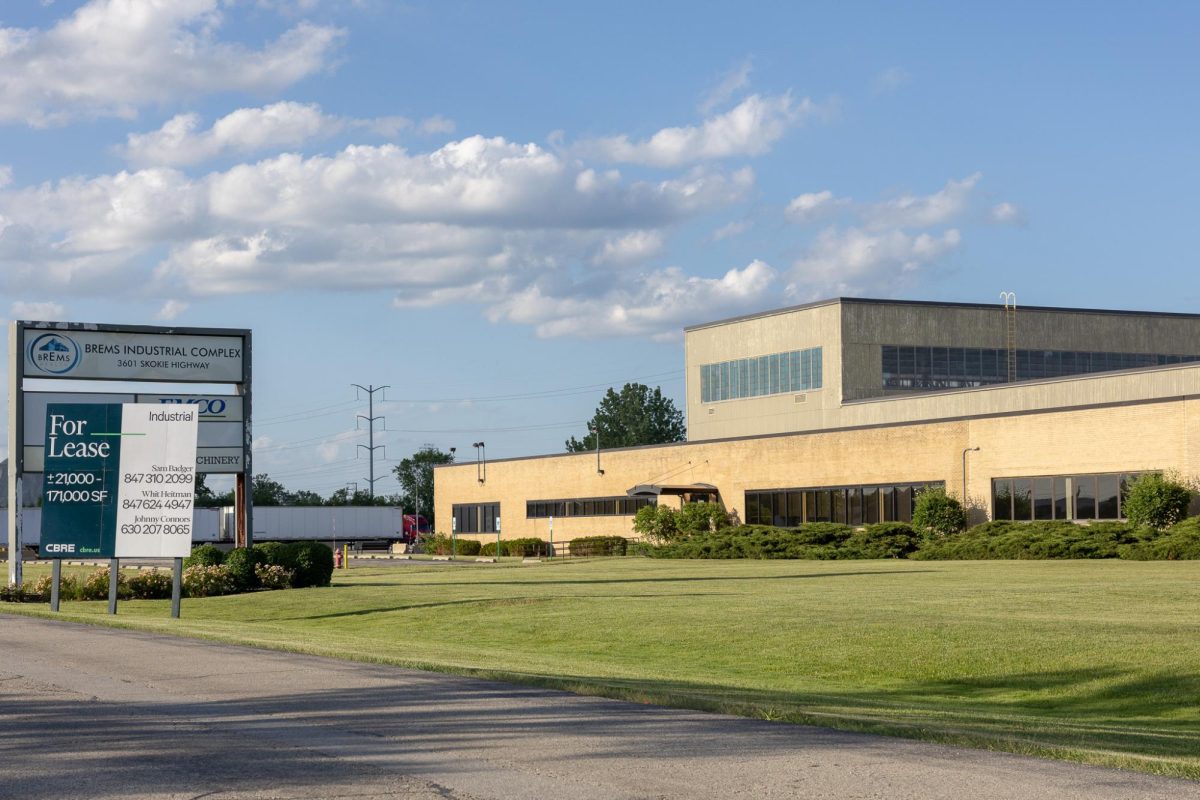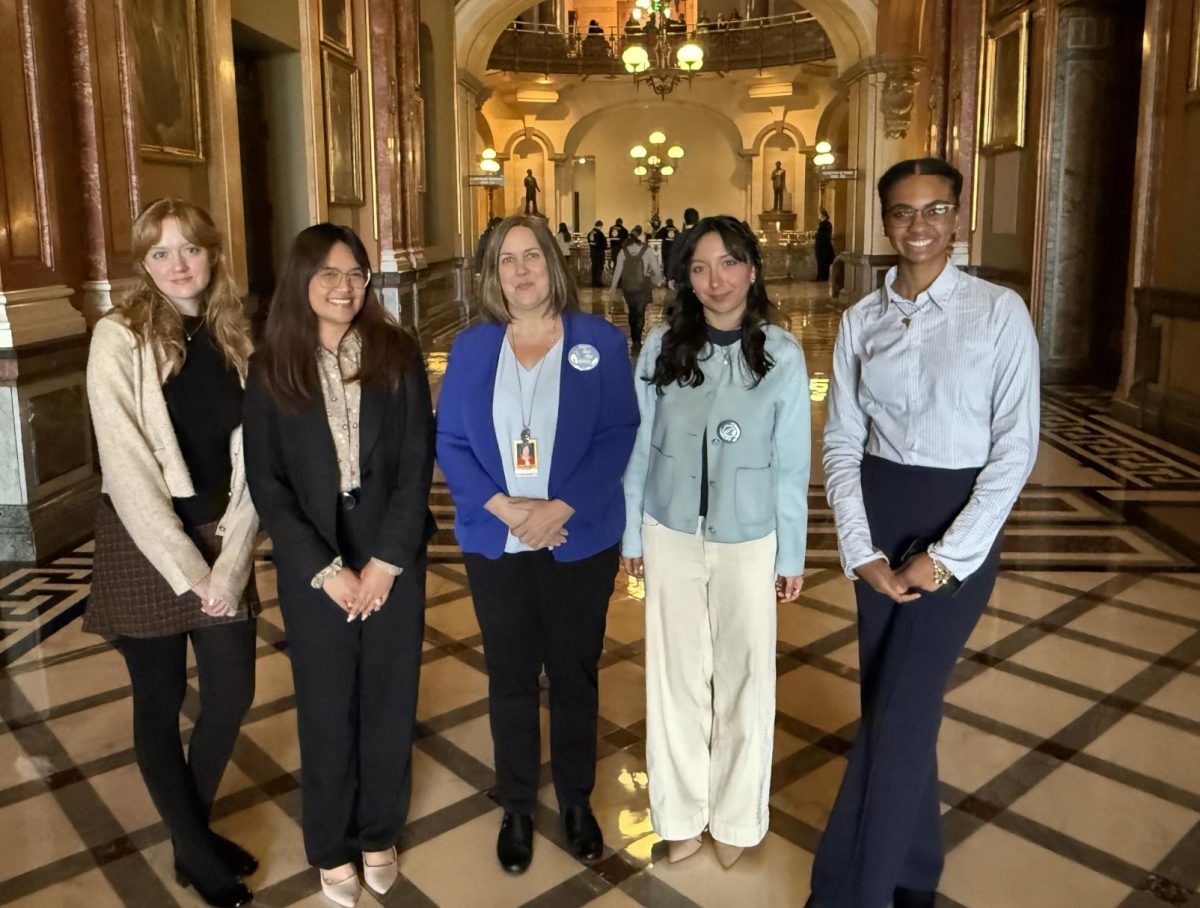The Center for Disease Control and Prevention recommended against large holiday celebrations to prevent the spread of COVID-19.
Some experts predict an increase in COVID-19 cases as a result of holiday travel, though many took precautions or changed their usual plans to celebrate more safely.
Many opted to change their plans to adhere to the CDC guidelines.
Moneza Anwar
“It was a bit different [this year],” pre-med student Moneza Anwar said. “Usually, we would have a [few] more people over.”
She celebrated only with close family and trusted family friends instead of an extended family gathering.
Usually, she said, “We would have a Friendsgiving, which didn’t happen this year, and we would go Black Friday shopping.”
The CDC emphasized using caution for anyone celebrating with people they don’t live with. Economics major Crystal Amah also celebrated with family friends outside her household.
“We see them pretty often, so we weren’t too worried about it,” said Amah.
While neither student practiced social distancing or wore masks during the holiday, both held smaller gatherings and were confident that everyone celebrating was exercising proper caution in their daily lives.
Much of the CDC’s recommendations for Thanksgiving celebrations also apply to the winter holidays.
However, as COVID-19 cases increase across the country, increased caution may be necessary to slow the virus’s spread.
“Postponing travel and staying home is the best way to protect yourself and others this year,” the CDC’s website says, adding, “The safest thing to do is to stay home.”
Crystal Amah
While it is disappointing to cancel or adapt to holiday celebrations, we may not have to wait much longer for a vaccine.
The United States Food and Drug Administration is expected to approve a COVID-19 vaccine within the coming weeks to be distributed among healthcare workers.
“By the second quarter of next year, we’ll have enough vaccines for every American that wants it,” said Alex Azar, the U.S. Department of Health and Human Services secretary.
Senator Joe Biden stated he will institute a nationwide, 100-day mask mandate, which experts say is one of the easiest and most effective ways to slow the spread of the virus without a vaccine.
Biden has committed to following the advice of top scientists when trying to control the virus.
This includes expanding Dr. Anthony Fauci’s role to make him the incoming president’s chief medical advisor and make him part of the COVID response team.
A mask mandate would represent a considerable shift from the Trump administration’s views on controlling the virus.
In September, though, CDC director Robert Redfield said, “These face masks are the most important, powerful public health tool we have… I’ve said if we did it for 6, 8, 10, 12 weeks, we’d bring this pandemic under control,”









